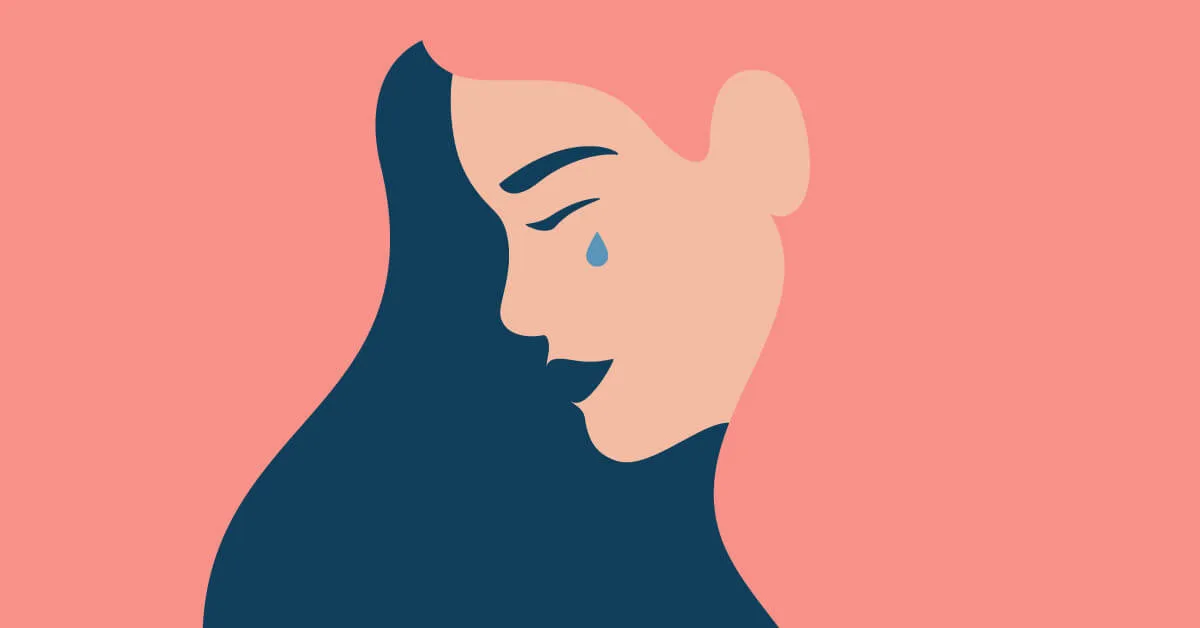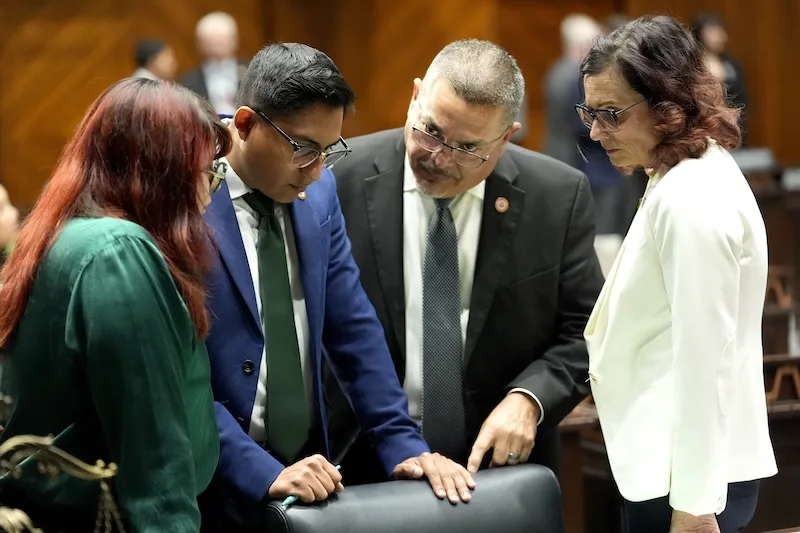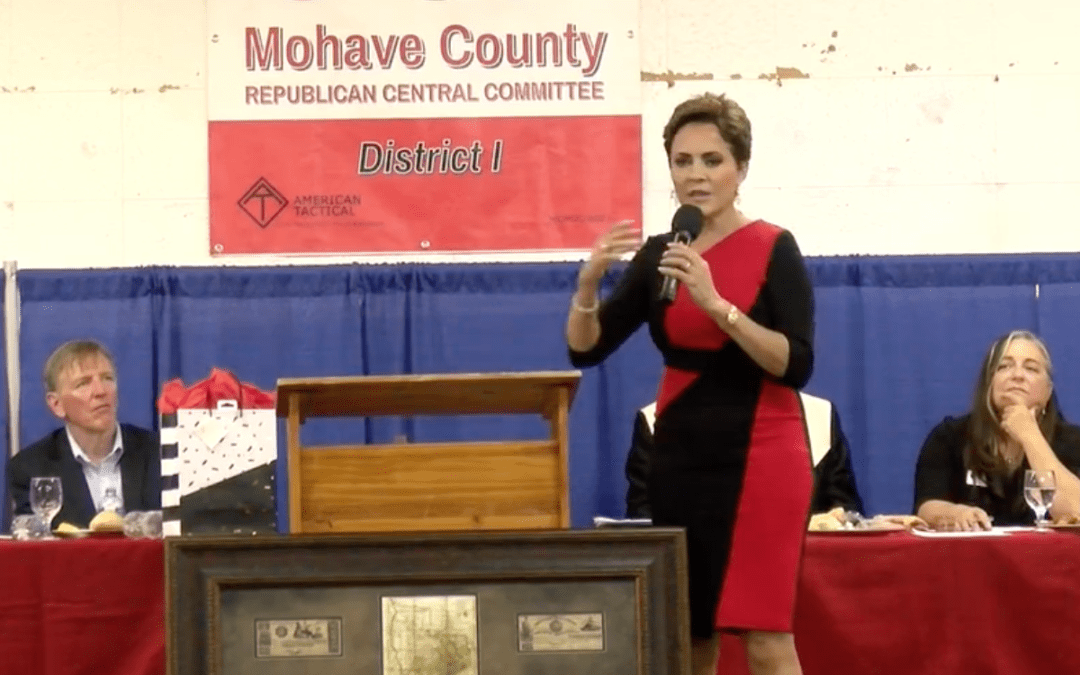
Illustration by Rebecca Rios/Courier Newsroom
“It’s like trying to drain a river with a plastic bucket. The need is so great and the help that’s available is so small.”
Daniel Riley was the managing attorney for a Phoenix legal clinic for domestic violence victims from 2010 to 2012.
In that time, he said he and his staff helped hundreds of women, children, and men, as they escaped dangerous situations and sought safety.
In many cases, Riley said that meant navigating high-conflict custody battles. He also helped victims file for divorce and orders of protection.
And, in one case, he even helped a woman who was held captive.
“We had a case where our client was being trafficked and at one point we weren’t able to get in contact with her,” he said. “And through different acquaintances, we were able to determine that she was actually being held against her will at basically a mechanic shop out in the desert, and we were able to get police out there to free her from that situation.”
The clinic Riley managed existed thanks to a grant from the Violence Against Women Act (VAWA), which is currently up for reauthorization in Congress.
“Without the grant program, there would have been no legal clinic,” he said.
Other local resources still depend on this funding, including Arizona’s STOP Violence Against Women Grant, which distributes money to local programs to support the prosecution of violent crimes against women and helps strengthen victim services. Organizations like the Arizona Coalition to End Sexual and Domestic Violence, Arizona State University’s Office of Sex Trafficking Intervention Research, and Prevent Child Abuse Arizona have also received funding.
A Confusingly Difficult Battle
The VAWA expired in 2018 and was temporarily extended until February 2019. The US House voted in March to reauthorize the legislation but faced opposition from the GOP.
None of Arizona’s congressional Republicans voted for the measure.
The bill is likely to face many obstacles in the evenly divided Senate. Sen. Kyrsten Sinema, D-Ariz., has stated she supports its passage. A spokesperson for Sen. Mark Kelly told The Copper Courier he also supports the reauthorization of the VAWA. It’s unclear when the Senate will vote on the bill.
Riley said the controversy over the bill has left him confused since the act has historically had bipartisan support.
President Joe Biden first introduced the legislation in 1990, when he was a Democratic senator. It passed in 1994 with support from 73% of Democrats and 26% of Republicans. He has since called it his “proudest legislative accomplishment.”
However, multiple parts of this version of the bill that are causing GOP pushback.
One is the closing of the “boyfriend loophole.” Currently, spouses, parents, legal guardians, or people who live with their partners and are convicted of domestic violence cannot own guns. The VAWA would extend that ban to dating partners convicted of domestic violence.
“To me that makes sense, given the things that I’ve seen,” Riley said.
The bill would also prevent those convicted of misdemeanor domestic abuse or stalking from owning a gun. The National Rifle Association has publicly opposed the bill, arguing these provisions were thrown in by “anti-gun zealots” just to tighten gun laws.
Another sticking point for Republicans is that the bill includes protections for transgender women.
“It seems like some folks are willing to sacrifice anything just to stick their thumb in the eye of the trans community,” Riley said, “but I guess that’s just where we are as a nation. It’s unfortunate.”
A Gap in Services
Riley, who is now working in private practice, said there is an “enormous need” for domestic violence victims to be able to access free and low-cost legal services, but very few resources to go around.
One in four women reported being victims of “contact sexual violence, physical violence, and/or stalking by an intimate partner” in 2018. And at least 86 people were killed in homicides related to domestic violence that year in Arizona.
“It’s like trying to drain a river with a plastic bucket,” he said. “The need is so great and the help that’s available is so small.”
While his clinic could have offered services on a sliding scale of prices, most clients came to them from domestic violence shelters and were eligible for free services. Riley said he doesn’t remember ever charging anybody.
The clinic operated in collaboration with Arizona State University’s law school and closed in 2012 due to organizational changes, Riley said.
He said that currently, in the metro Phoenix area, the only organizations he’s aware of doing this kind of work are the Family Lawyers Assistance Project and Community Legal Services.
“These grant programs that the VAWA provides that allows for these other types of nonprofits to step in and also offer free and low-cost legal services to victims of domestic violence do an enormous amount of good with a very little amount of money,” he said.
The Arizona Coalition to End Sexual & Domestic Violence operates a helpline connecting people with victim services specialists Monday-Friday from 8 a.m. to 5:30 p.m. The number is 602-279-2980.
The National Domestic Violence Hotline is open 24/7 at 1-800-799-7233. There’s also a live chat option.
Politics

Democrats clear path to bring proposed repeal of Arizona’s near-total abortion ban to a vote
Democrats in the Arizona Senate cleared a path to bring a proposed repeal of the state's near-total ban on abortions to a vote after the state's...

It’s official: Your boss has to give you time off to recover from childbirth or get an abortion
Originally published by The 19th In what could be a groundbreaking shift in American workplaces, most employees across the country will now have...
Local News

Kari Lake calls on Arizona county sheriffs to enforce 1864 abortion ban
Republican candidate for US Senate Kari Lake on Saturday seemed to solidify her support for Arizona’s total abortion ban and called on county...

Where to buy farm-fresh eggs in Tucson
Once you’ve tasted farm-fresh eggs, it’s hard to go back to the store-bought variety. Not only do farm-fresh eggs taste better and have...





